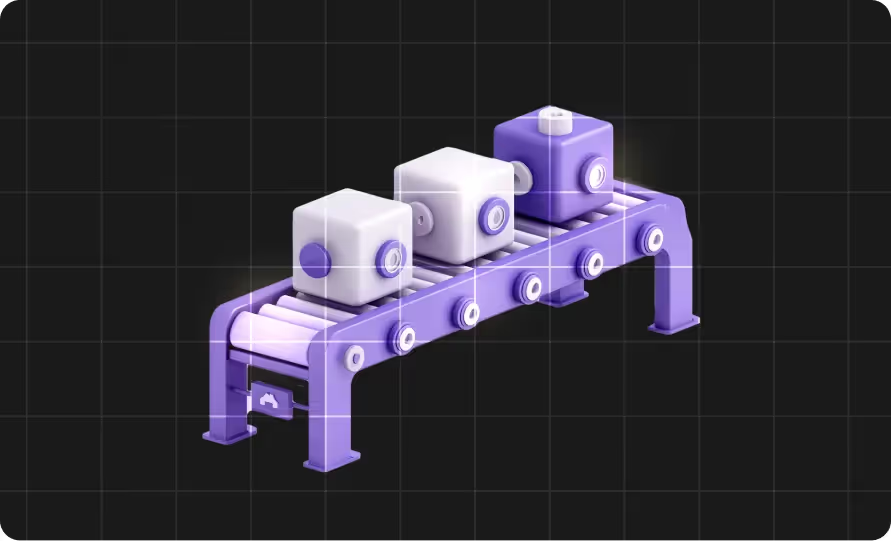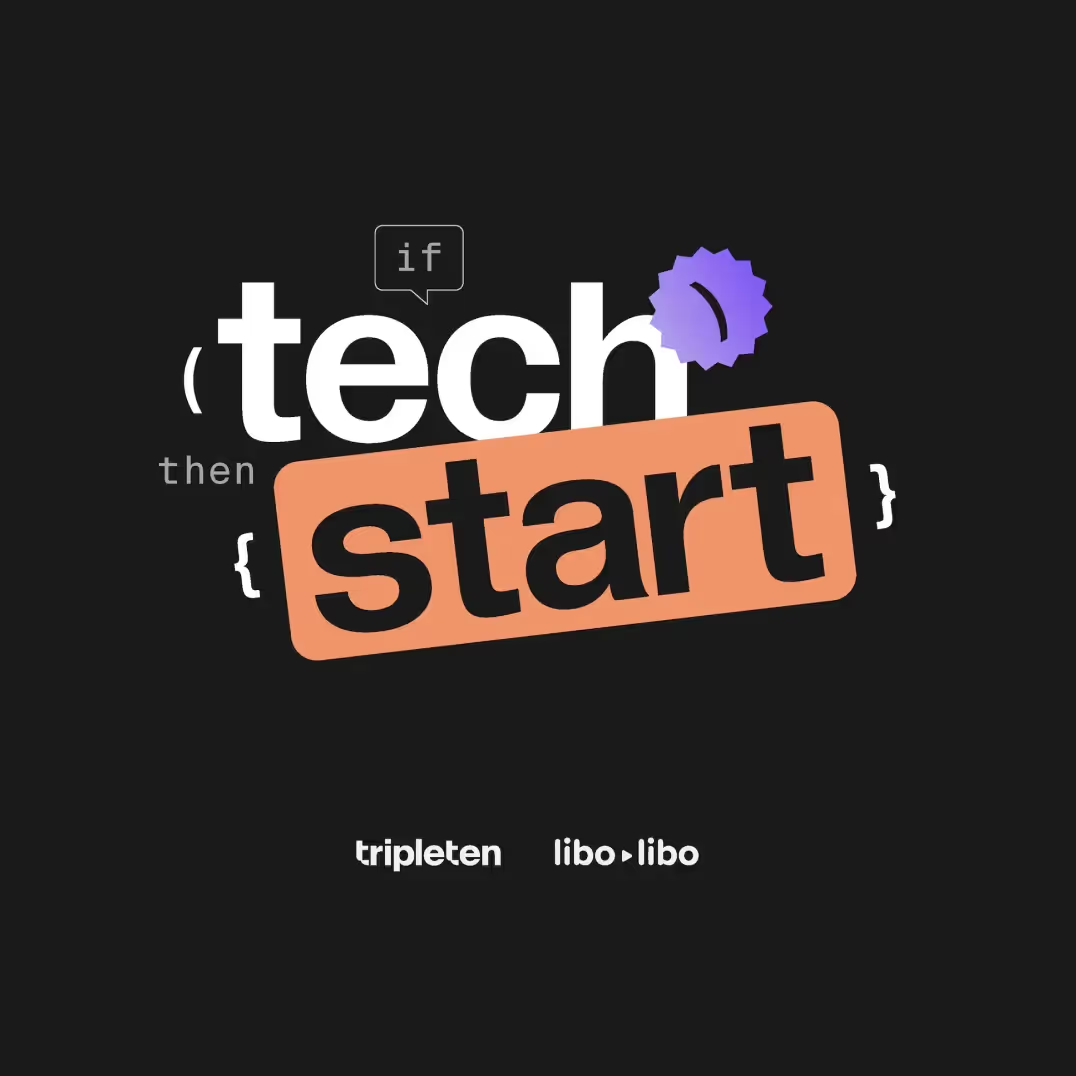%20(2).avif)

Nursing has always been demanding, both physically and mentally. But long hours and the emotional weight of the past years have caused some nursing staff to start looking for opportunities elsewhere. Well, we think it’s the right time for nurses to put their passion for helping others toward a career in tech. Here’s the scoop.
Why should I switch to tech?
Technology is an ever-growing field, meaning there are plenty of opportunities for growth and advancement. Additionally, a tech career can be more financially rewarding than a nursing one. According to Indeed as of the writing of this article, the median salary of a nursing assistant in the US is $45,138, while software engineers earn $119,273 annually.
%252520(2)%252520(1).jpeg)
Take it from TripleTen grad Jenn Foskett, who worked in the US healthcare system as an administrator. With her shift to data analytics, she not only increased her paycheck but also committed to work that had a greater influence on the whole sector.
The US healthcare system needs to know how to use the plethora of data to gain insight into what the future of the US healthcare system looks like. For example: how the poverty-stricken areas of the US impact diseases like diabetes and heart failure. Jenn, TripleTen grad
Instead of resigning to a daily routine defined by high levels of risk and stress, people like Jenn can switch to a more flexible work schedule and re-focus on impacting healthcare outcomes with their tech know-how.
Can I make the switch to tech?
So you might be asking yourself: can I do this? The answer is yes. As a nurse, you’ve likely already had experience with technology. For example, you might have experience with portable devices and mobile apps that allow 24/7 monitoring and instant notifications on patient health changes. Or you might use telehealth apps providing online consultations between doctors and patients.
There are numerous companies in just these two sectors, and they want to hire people who know what their products are like in real-life. So just in that quick thought experiment, you have an extensive list of companies that would be interested in hiring you as a direct result of your domain expertise and experience.
“Being a nurse, you already know biotech or pharmaceutical companies, so you know where to look for a new job,” says TripleTen Career Product Lead Ana Mineeva.
Knowing the market, you can move forward to biotech startups, DNA tests, and other online companies. Then you can contact employees with a similar background and ask for a referral. Ana Mineeva, TripleTen Career Product Lead
What if I don’t want to give up medicine?
But what if you’re not interested in totally leaving healthcare for tech? You’ve got tons of options. There is a symbiosis of technology and healthcare called MedTech that you can consider when switching to a new career. MedTech is an area of technology focused on developing new products and services that help improve patient care, increase efficiency in medical facilities, and enhance the overall quality of healthcare delivery.
Examples of growing medical technology initiatives include:
Wearable devices
Wearable devices have many applications — from health management and treatment support to commercial wellness tracking.
Telehealth
Patients can now receive medical care remotely. This allows for ongoing tracking of advanced treatments, confidential communication between providers and patients, and more accessibility for those who need to interact with medical professionals through mobile devices.
Robotic surgery
Once the subject of sci-fi stories, robotic technology has now been refined to perform surgeries, though a human hand is still needed to guide this innovation.
Artificial intelligence
Artificial intelligence has been incorporated into medical technology, allowing medical providers to maintain patient records, track information, and inform diagnoses.
MedTech job options
Here are some of the best tech jobs for nurses looking to switch careers:
Data analyst
As a data analyst, you'll be responsible for collecting, analyzing, and interpreting large amounts of data to help medical professionals make informed decisions about patient care. This job requires strong analytical and technical skills.
Software engineer
As a software engineer, you'll be responsible for designing and developing software applications that are used in the medical field. This job requires strong programming skills.
Quality assurance engineer
As a QA engineer, you'll be responsible for testing and validating software applications and medical devices to ensure they meet industry standards and regulatory requirements. This job requires strong attention to detail.
And, of course, all of these tech jobs require a deep understanding of the medical field.
A tech career: where should I start?
If you're interested in transitioning to a tech career and want to know how to get into tech as a nurse, there are a few things you can do to make the process easier.
Attend a TripleTen bootcamp
TripleTen is a great way to gain practical experience in technology. Our programs typically last a few months and offer hands-on experience with the latest technologies and tools used in the field. Then, once you have the knowledge down, you will benefit from personal consultations with the Career Team. This will help you highlight your domain expertise in medicine and make the most of your past experience when applying for a new job in tech.
Network with other professionals
Networking with other professionals in the MedTech industry can help you learn about job opportunities, gain new skills, and get advice from people who have already made the transition.
Our pitch to you
Switching careers is never easy, but it can be a rewarding experience. With the right education, training, and networking, you can absolutely make the transition from nursing to MedTech. So don’t wait: pursue a career in technology to keep making a difference in the healthcare industry.
And if you want to find out more, listen to our podcast to discover how others have revamped their careers with TripleTen.

.avif)









.avif)
.avif)
.avif)

